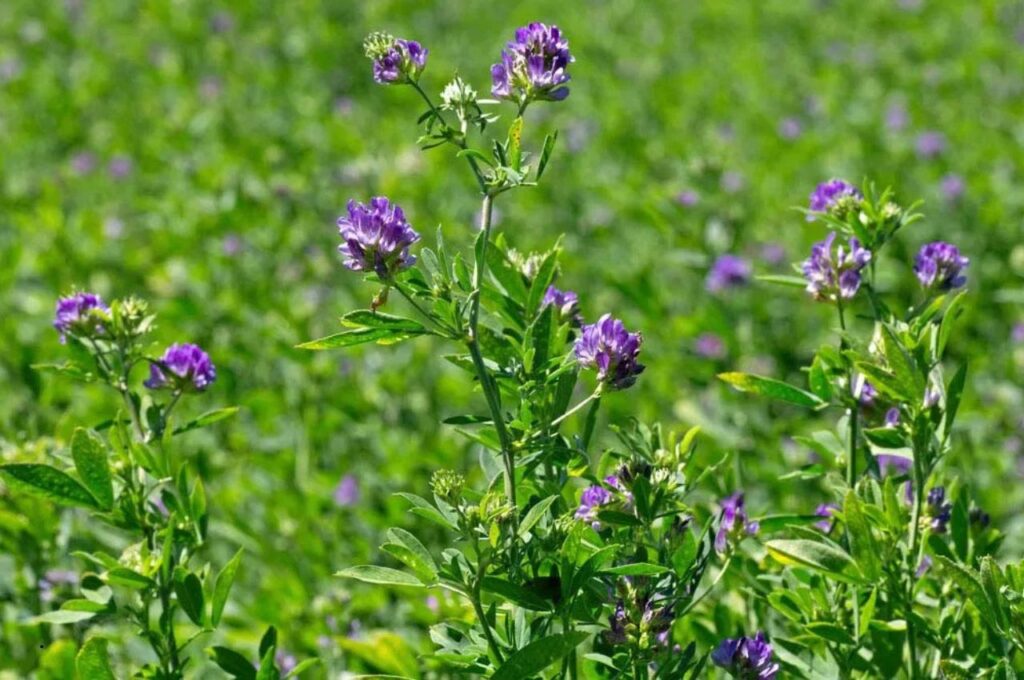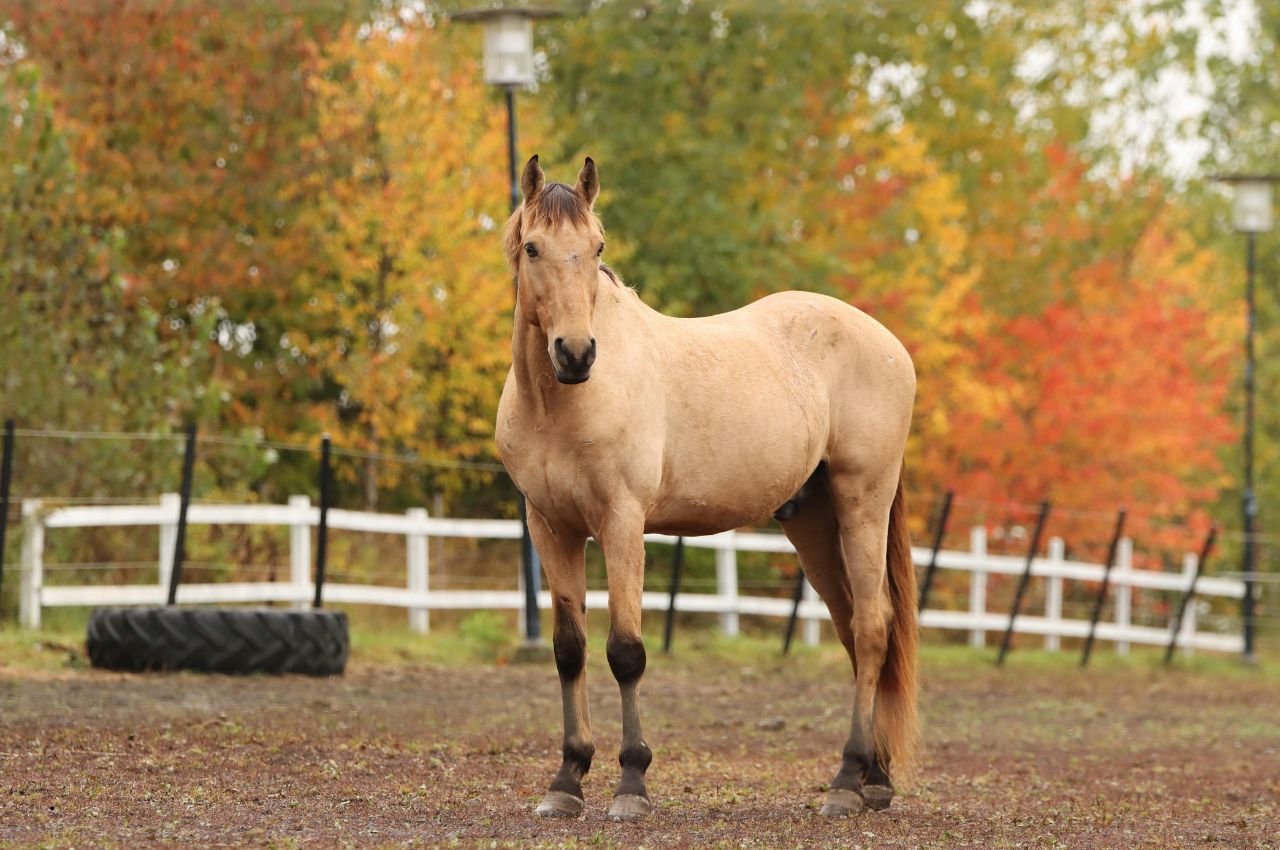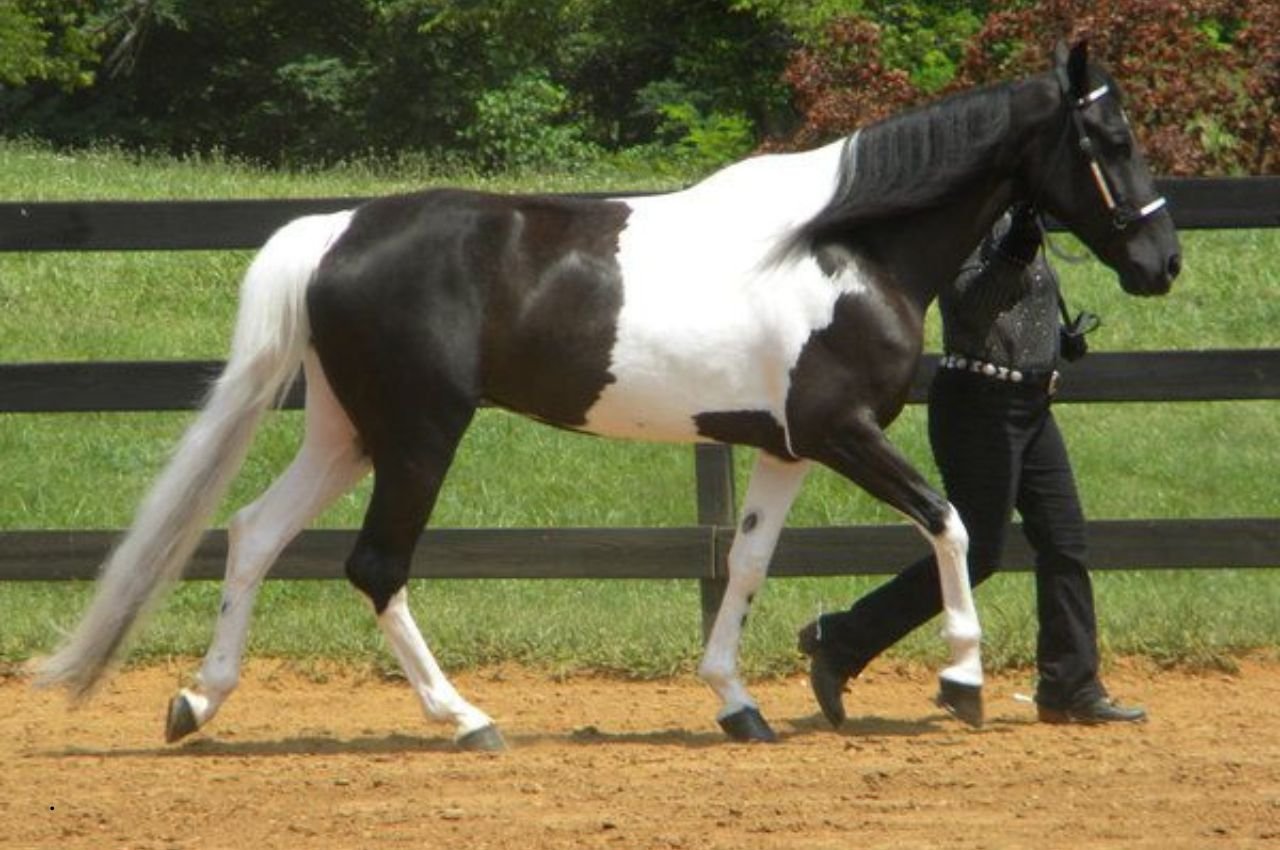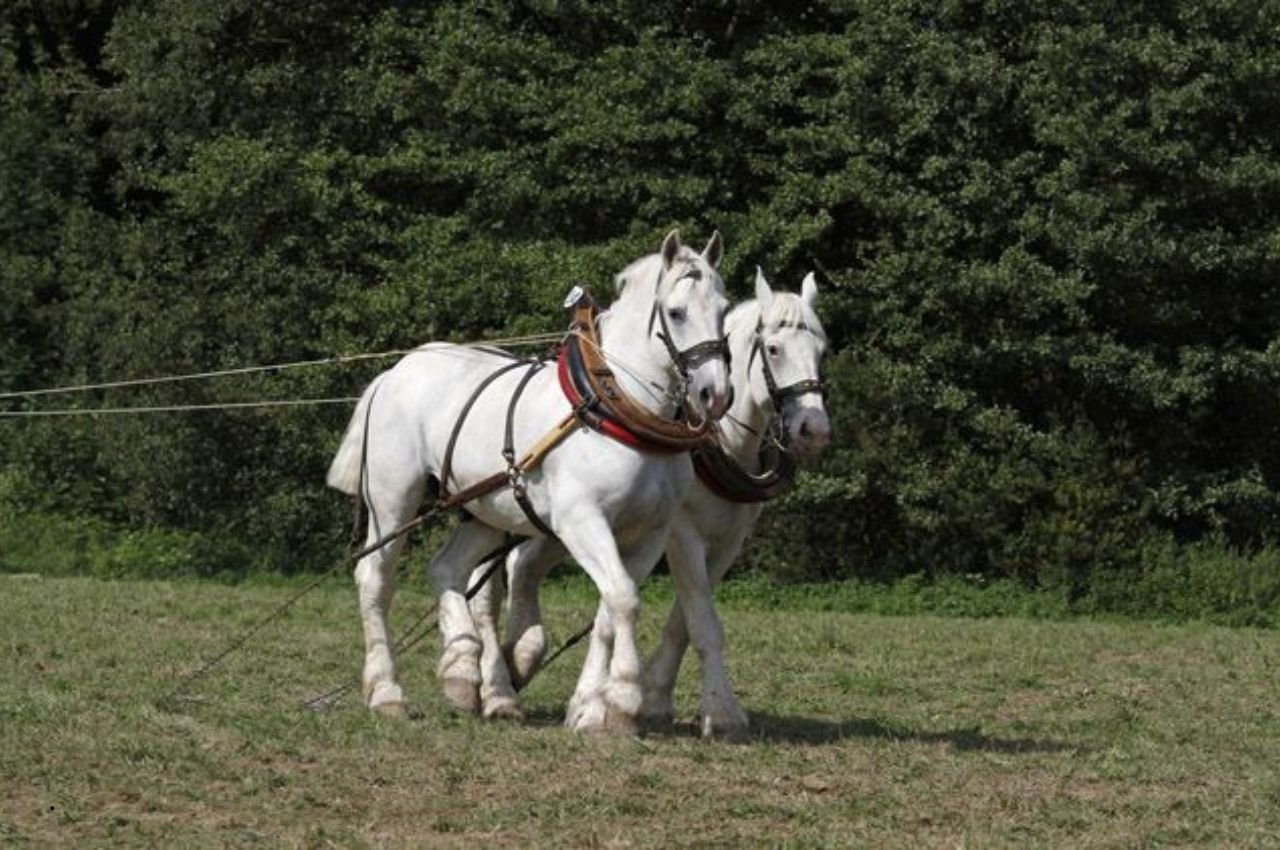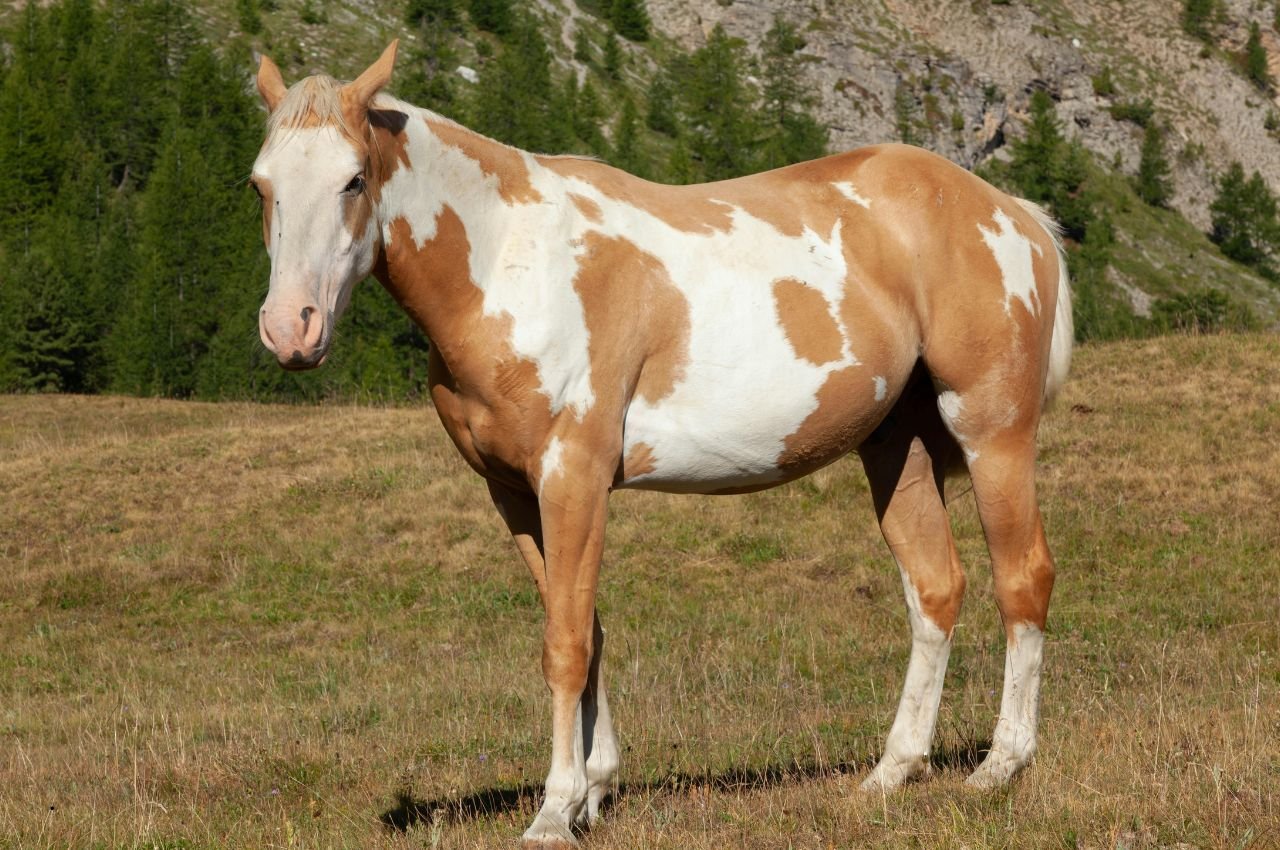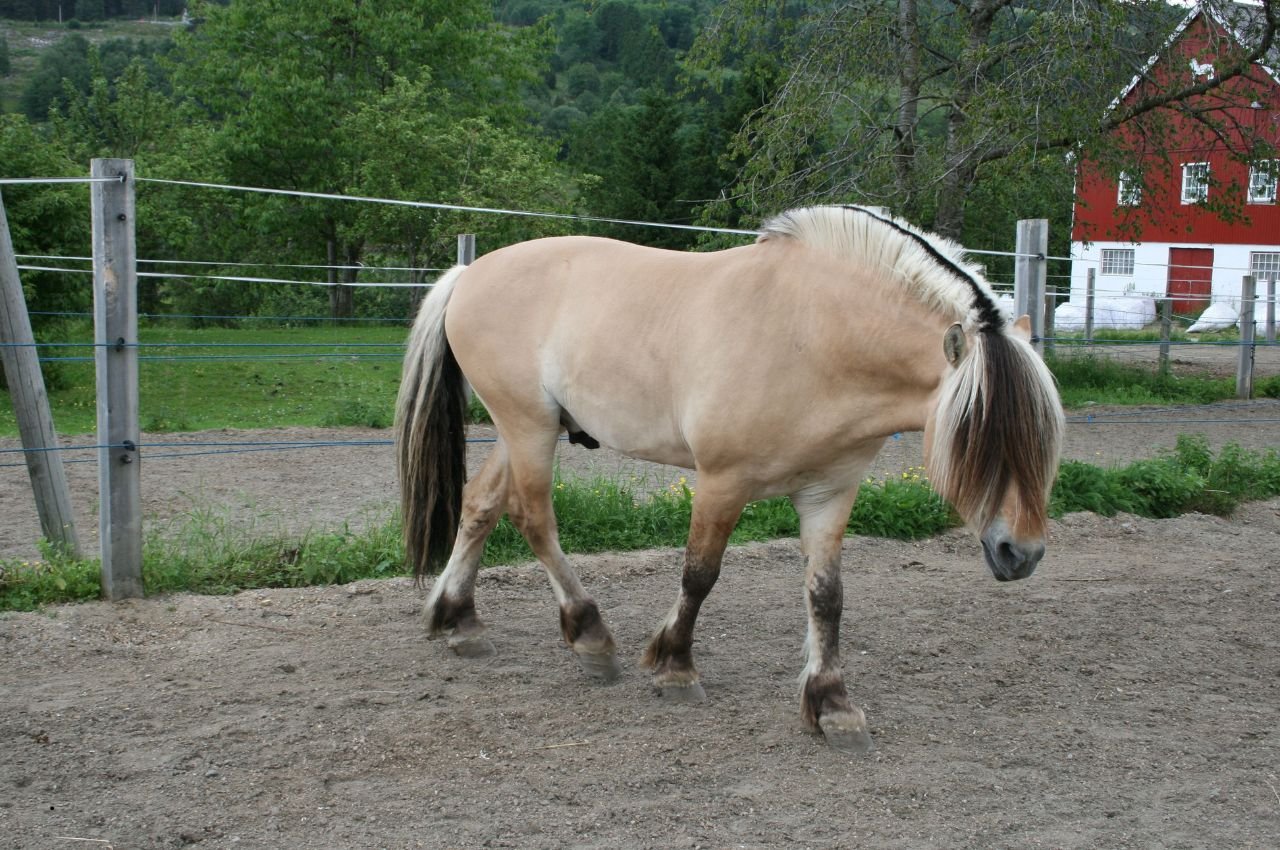Alfalfa hay is a staple feed for many animals, valued for its rich nutrition and health benefits. Whether you raise livestock, horses, or small pets, understanding how alfalfa hay can improve animal health is essential for optimal care. In this blog, we explore 7 amazing uses of alfalfa hay that can boost your animals’ well-being, growth, and performance.
Table of Contents
What is Alfalfa Hay and Why is it Important?
Alfalfa hay comes from the alfalfa plant (Medicago sativa), a legume known for its high protein, fiber, and vitamin content. Compared to grass hay, alfalfa provides more energy, calcium, and essential nutrients that support muscle development, bone health, and immune function in animals.
Promotes Healthy Growth in Young Animals
Young livestock such as calves, lambs, and foals need nutrient-dense feed to grow strong. Alfalfa hay’s high protein content supports muscle and bone development, helping young animals reach their growth milestones faster and healthier.
Enhances Milk Production in Dairy Animals
Dairy cows, goats, and sheep benefit from alfalfa hay’s rich calcium and protein, which are crucial for milk synthesis. Feeding alfalfa hay can improve both the quantity and quality of milk produced during lactation.
Improves Digestive Health
Alfalfa hay’s fiber aids digestion by promoting healthy gut motility and maintaining beneficial gut bacteria. This reduces the risk of digestive issues like bloat, making it an excellent feed choice for ruminants.
Supports Immune Function
Vitamins A, D, and E found in alfalfa hay strengthen the immune system, helping animals resist infections and recover from illness faster. Regular feeding boosts overall vitality and reduces veterinary costs.
Provides Energy and Coat Health for Horses
Horses thrive on alfalfa hay because it delivers sustained energy without excessive starches. The nutrients also contribute to a glossy coat and strong hooves, essential for performance and health.
Supplies Essential Calcium for Bone Strength
Calcium in alfalfa hay supports bone density and repair, preventing common issues like lameness and fractures, especially in growing or older animals.
Ideal Feed for Small Pets
Small pets such as rabbits and guinea pigs benefit from alfalfa hay’s nutrient-rich profile during growth and pregnancy. However, adult pets should receive it in moderation to avoid calcium overload.
Tips for Feeding Alfalfa Hay Safely
- Mix alfalfa hay with grass hay to balance protein and calcium intake.
- Introduce gradually to prevent digestive upset.
- Store in a dry, clean place to avoid mold and dust.
FAQs About Alfalfa Hay and Animal Health
Can all animals eat alfalfa hay?
Mostly ruminants and some small pets. Horses and rabbits benefit, but dosage and balance are important.
How is alfalfa hay different from grass hay?
Alfalfa hay is higher in protein and calcium, making it more nutrient-dense.
Can alfalfa hay cause health issues?
Overfeeding may cause kidney issues or obesity; balance is key.
How do I store alfalfa hay properly?
Keep it dry and ventilated, off the ground to prevent moisture and mold.
Does alfalfa hay improve milk production?
Yes, especially due to its protein and calcium content.
Where to Buy Quality Alfalfa Hay
Choose fresh, green, leafy hay without mold or dust. Trusted local suppliers or online farms are good options. For detailed buying tips, visit Choosing Quality Hay.
Conclusion
Feeding alfalfa hay is a natural, effective way to boost the health, growth, and productivity of your animals. By incorporating it thoughtfully into their diets, you can enjoy healthier livestock, happier horses, and thriving small pets.

